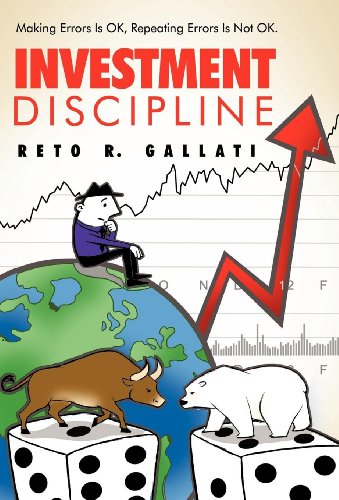

Most ebook files are in PDF format, so you can easily read them using various software such as Foxit Reader or directly on the Google Chrome browser.
Some ebook files are released by publishers in other formats such as .awz, .mobi, .epub, .fb2, etc. You may need to install specific software to read these formats on mobile/PC, such as Calibre.
Please read the tutorial at this link: https://ebookbell.com/faq
We offer FREE conversion to the popular formats you request; however, this may take some time. Therefore, right after payment, please email us, and we will try to provide the service as quickly as possible.
For some exceptional file formats or broken links (if any), please refrain from opening any disputes. Instead, email us first, and we will try to assist within a maximum of 6 hours.
EbookBell Team

4.3
98 reviewsMany highly paid investment gurus will insist that successful investing is a function of painfully collected experience, expansive research, skillful market timing, and sophisticated analysis. Others emphasize fundamental research about companies, industries, and markets.
Based on thirty years in the investment industry, I say the ingredients for a successful investment portfolio are stubborn belief in the quality, diversification, growth, and long-term principles from Investments and Management 101. Unlike MBA textbooks, which tend to be more theoretical, Investment Discipline provides more practical insight into what works and what does not, based on my own errors and success and includes recommendations of what to repeat and what to avoid.
Investment Discipline contains no secrets and no magic equations. It discusses the most common mistakes and provides advice on how to avoid these errors in order to become a successful investor. It will guide you in your decisions, from setting up your investment objectives, conducting research, and buying/selling securities to adjusting your portfolio to achieve long-term returns that match your personal objectives.
You will learn how to:
• Define your investment profile and your specific objectives;
• Establish a sustainable investment process based on your objectives;
• Analyze information and perform your own research; and
• Make sound investment decisions.
Famous investment professionals, such as Warren Buffett and Peter Lynch, have made mistakes, but they did not repeat them. They held on stubbornly to their investment approach and showed discipline over a long time period, resulting in superior returns. Obviously they were lucky as well; however, they played the numbers right, and over time their performance was better than the performance of their peers.
In Investment Discipline, you will learn how to become a successful, disciplined investor.